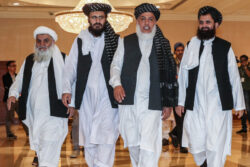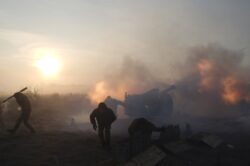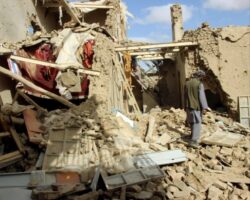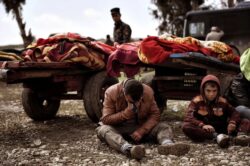Can the United States escape the vortex of its 20-year war?

➪ see full-post: HTML
by Carl Conetta, 09 Sept 2021.
This article assesses the calamitous end of America’s 20-year war and the effort of US interventionists to use public distress about the airport chaos to blunt and distract from an adequate appraisal of the war that produced it.
The war was defined from the start by an impossible mission shrouded in misinformation. Intelligence agencies failed to give useful intelligence over a span of not just 4 months, but 20 years. And the article asks, Can we escape the political and strategic dynamics that produce and sustain such wars?
It concludes by examining how some Western powers are now looking to continue the conflict via other means. Against this, the author proposes a stability-oriented approach that would energetically explore areas of possible US-Taliban cooperation, a new positive context in which areas of difference might be productively addressed.



